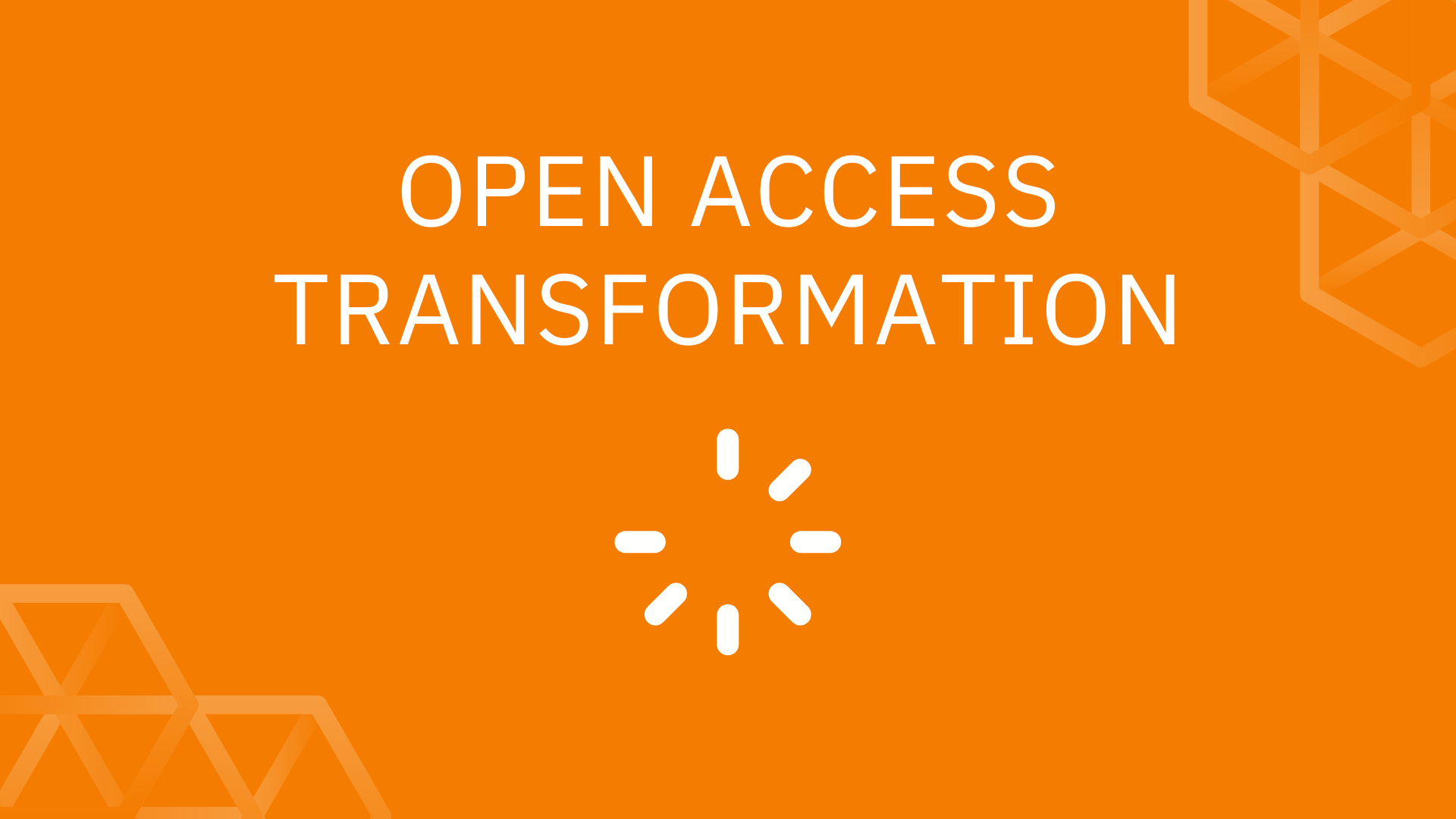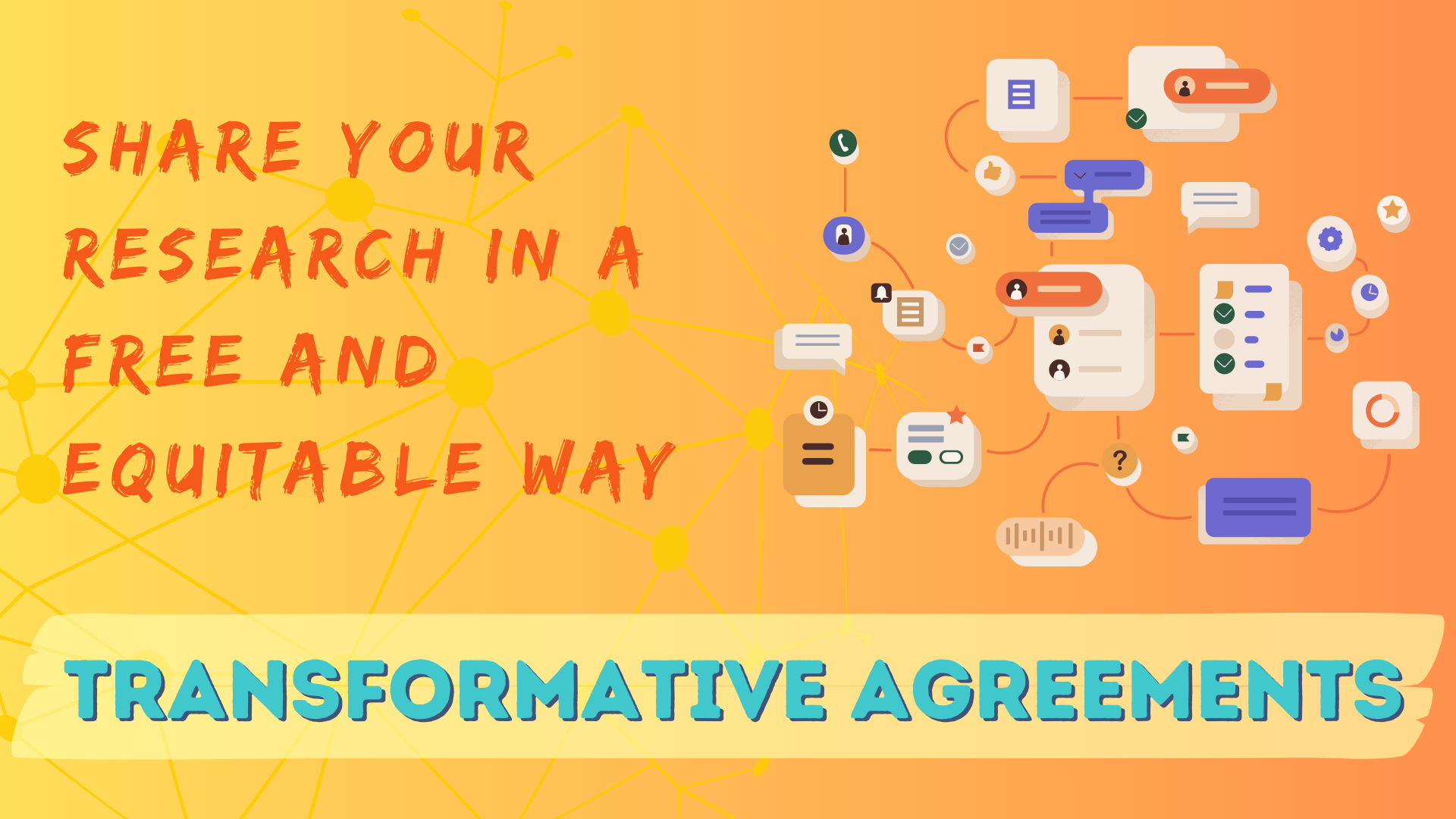
Transforming Open Access: Report of the 16th Berlin Open Access Conference
The Conference
From 6-7 June 2023, representatives of research communities from 38 nations and six continents gathered at the 16th Berlin Open Access Conference (B16) hosted by the Max Planck Society. The purpose of the conference was to gather global actors in discussion of viable strategies to transform scholarly publishing from the long adopted traditional subscription paywall model to more transparent and sustainable models enabling immediate and open access of scholarly outputs, making it one of the essential facilitators for the global collaborative efforts in moving towards Open Science.
Participants were delegations from diversified professions, including scholars, research funders, university, research and library leadership, as well as ministries of education and research. Through the two-day conference, representatives exchanged their views and shared their insights in refining and coordinating approaches for transformative open access negotiations with scholarly publishers. A list of key insights was concluded from their discussions, and all delegations presenting in the conference jointly expressed their consensus on the final statements committing to open access transformation.
The University of Hong Kong is a signatory to the Berlin Declaration on Open Access to Knowledge in the Sciences and Humanities (2003) that encourages and advocates open access publishing, and the Libraries is striving to sustain this commitment with the global research communities.
The key insights and final statements arising from the conference are summarized in the below passages:
Key Insights

Integrating inclusivity into the operational practices of open scholarly publishing, where the pricing for open access publishing shall take the financial capability of regions across the globe into consideration.

Negotiating Transformative Agreements (TA) with scholarly publishers as a scalable strategy to make open access publishing sustainable.

Advancing open access transition with newly calibrated objectives, where the movement shall finally move beyond TAs. The read and publish model would be an initial achievement but should not be an ultimate goal of the movement.

Re-establishing science as a public good, through shifting the traditional scholarly journal publishing culture to new and alternative forms of scholarly communication, enabling sustainability of public funds to research.
Final Statements
“ The global open access transition must advance at a far greater pace. ”
The global research communities will make collective efforts in enabling research results visible and accessible to readers and the public without any cost.
“ Inequity is incompatible with scholarly publishing. ”
During the transition of removing subscription paywalls, pricing for scholarly publishing services must be globally fair, transparent, affordable and sustainable in consideration of the geographical context.
“ Academic self-governance is an imperative in scholarly publishing. ”
The process of scientific peer review must be separated from the traditional publishing process as an independent quality assurance activity.
“ Author choice and author rights must be fully enabled. ”
Retention of copyright and all rights therein by authors is strongly supported for open access publishing, best with the Creative Commons (CC) licenses as the default choice. Price of publishing should also not be affected by choice of license.
Marking the closure of the conference, participants affirmed the conclusion that transformation of open access will continue to be improved for shaping the emerging open paradigm in scholarly publishing, in the service of science and society. It provides us strong directives and insights in advocating open access and open scholarship within the local research community.
Reference
Max Planck Society. (2023). 16th Berlin Open Access Conference Report. https://oa2020.org/wp-content/uploads/B16-conference-report.pdf


